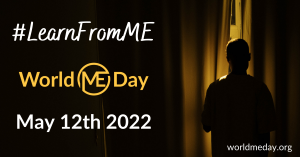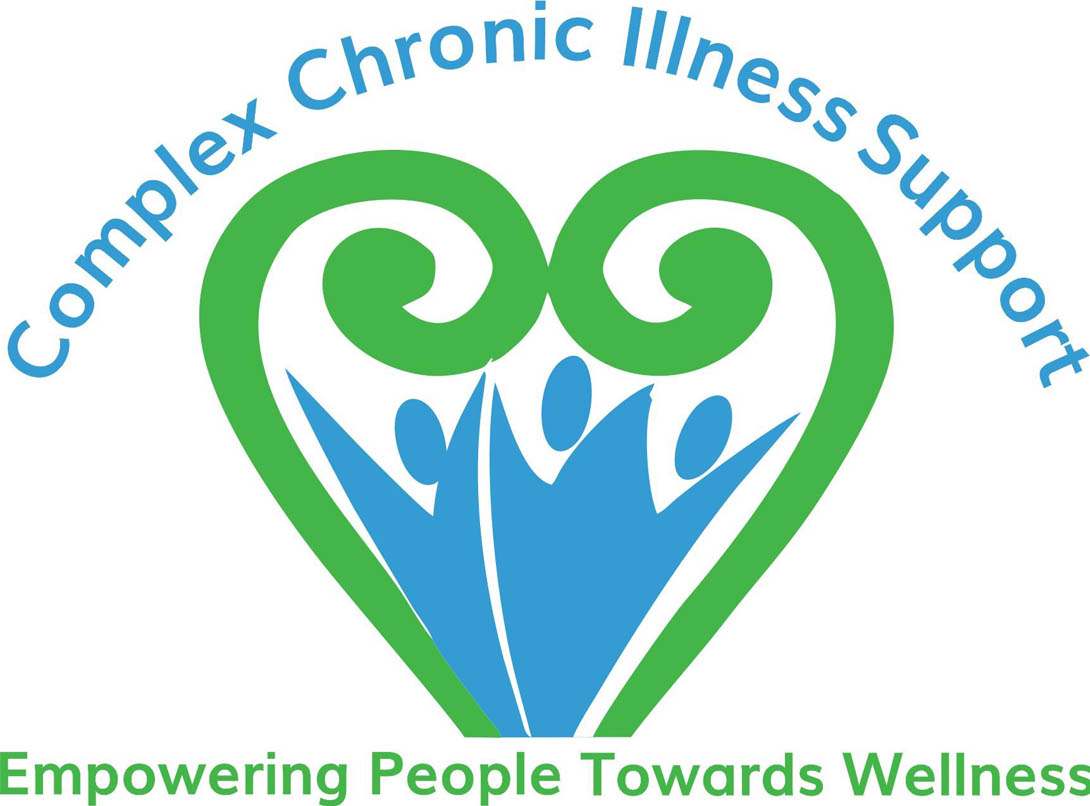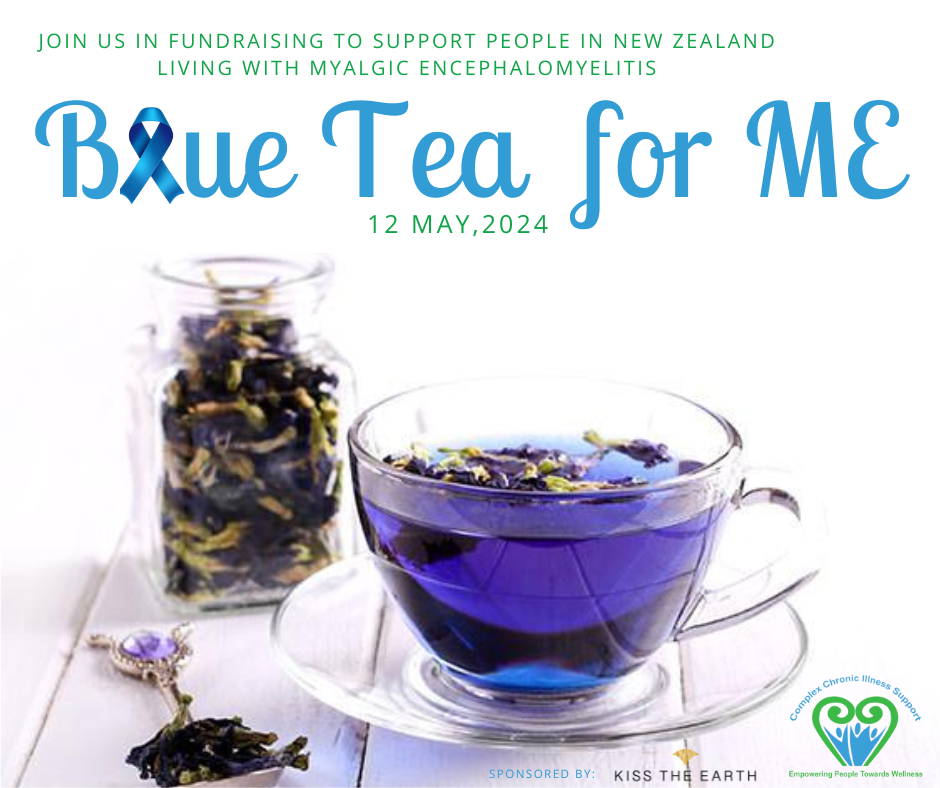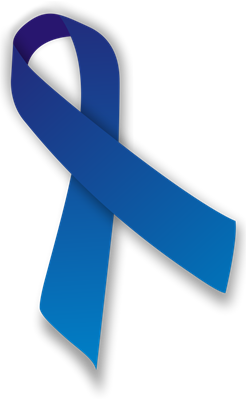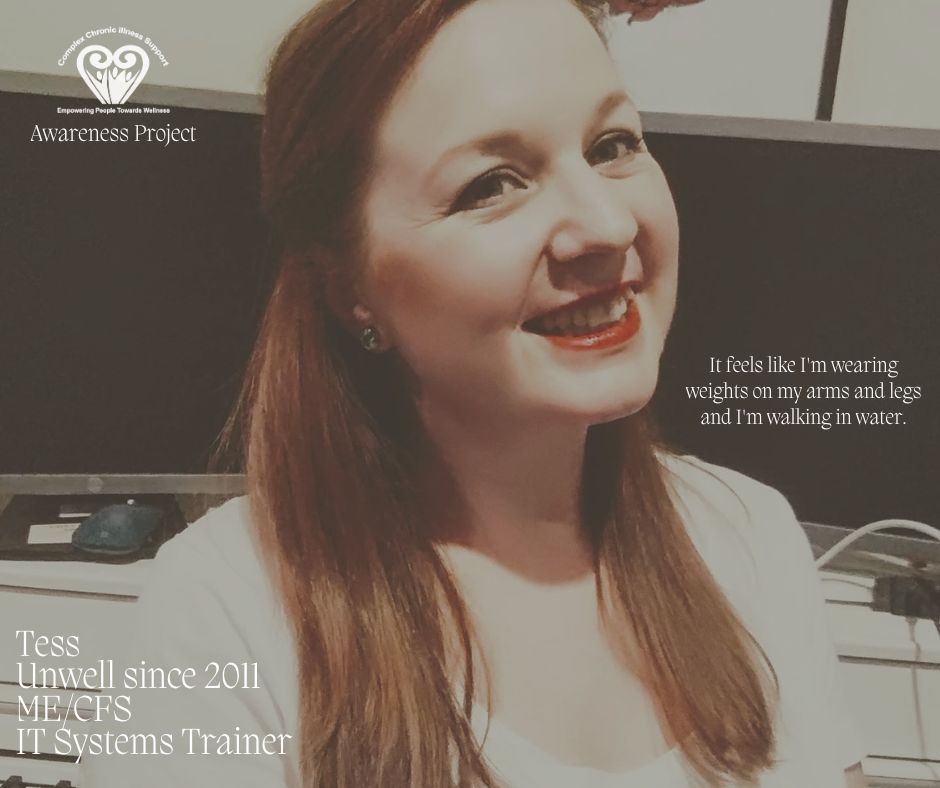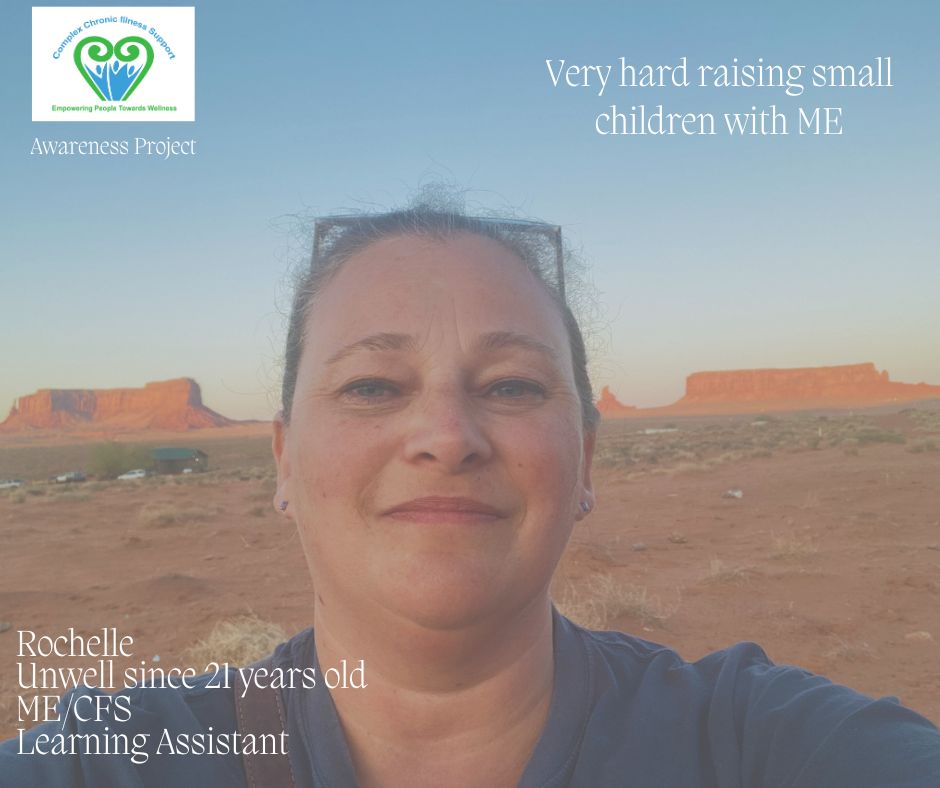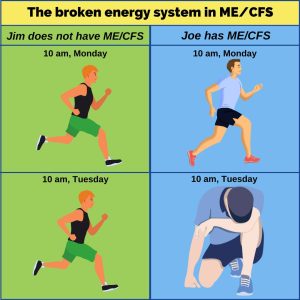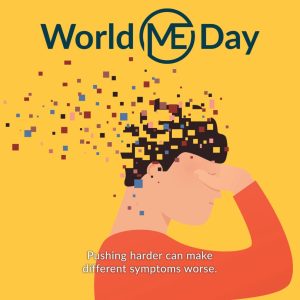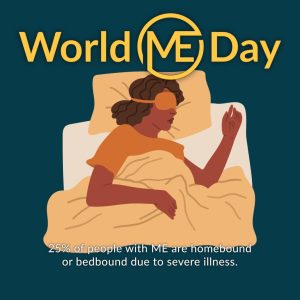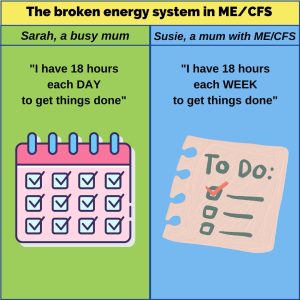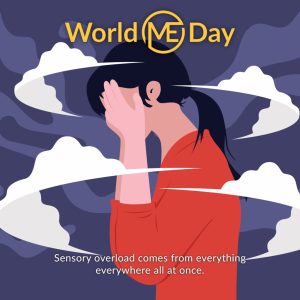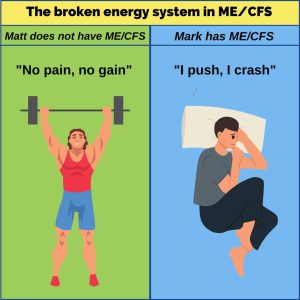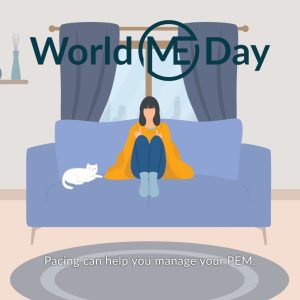World ME Day ~ 12th May, 2024
Blue Tea for ME
9 – 19th May 2024
First 50 people to donate over $25 to CCI Support on this form will receive a Blue Tea for ME giftpack

The Awareness Project
Part of the support we provide is education and awareness of ME/CFS and Long COVID in the wider community, in turn asking them to support. This is done via a World ME Day on the 12th May every year. This year, May 12, coincides with the 55th anniversary since the World Health Organisation (WHO) first classified Myalgic Encephalomyelitis as a neurological disease.
We join with all the other NZ support groups and some international groups as well to stand united to bring awareness to the conditions we support. Every year we have a focus and this year the focus is on:
#GlobalVoiceForME
The Awareness Project: Putting a face to the conditions:
If you feel comfortable, please take a photo and fill in the form below. Only your first name, your diagnosis, and how long you’ve been unwell. We will create an image to share. We understand this can be difficult, but giving a face to ME is so important.
The Awareness Project: Telling your story
Part of this is giving you a voice. In a short statement or even a 20 or 30 second video, you can tell the world what is you’d like them to know about living with these conditions. We can even just add it to a stock photo if you prefer.
For example it could be something like “it feels like I have lost the person I used to be” or “some days are really difficult and others feel a little brighter”
You also have the option of adding the World ME Alliance frame: https://worldmealliance.org/worldmeday/custom-poster/
2023 World ME Day
Members sharing what PEM is like for them, and how they manage it.
2022 World ME Day
